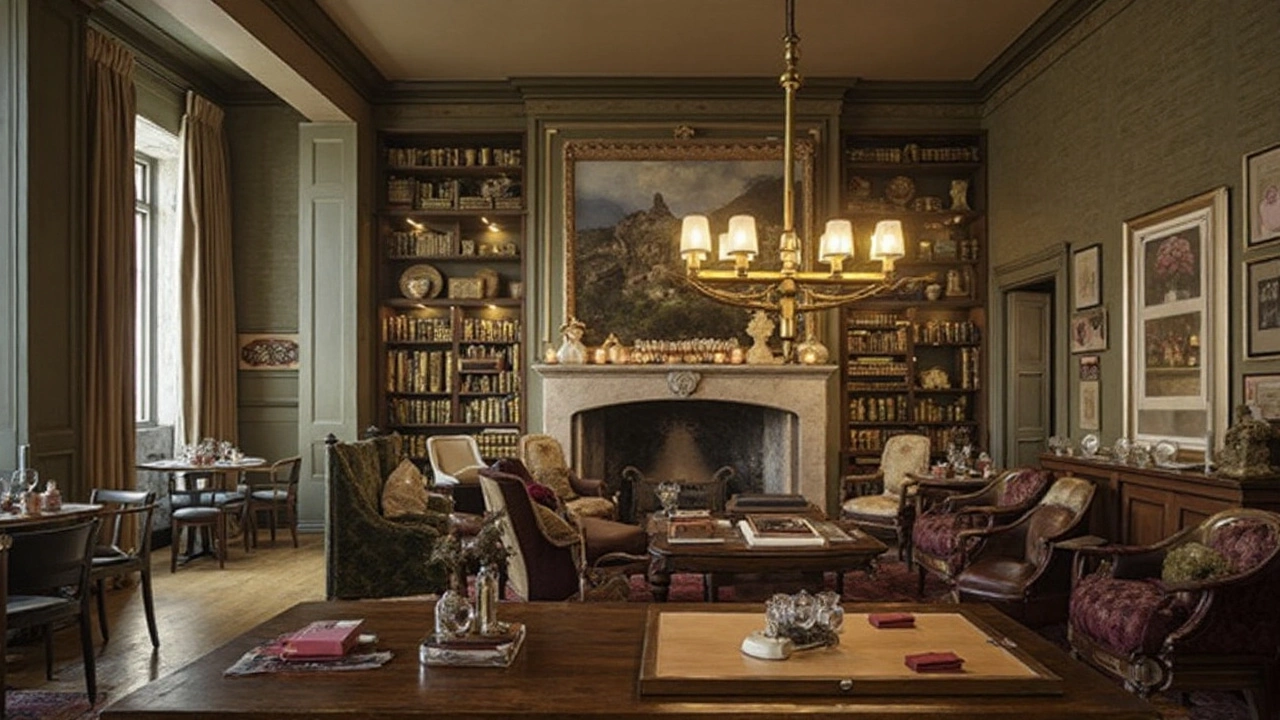Boutique Hotel Meaning: What Sets a Boutique Hotel Apart
Ever walked into a hotel and felt it was more than just a place to sleep? That’s the boutique hotel vibe. In plain words, a boutique hotel is a small, design‑focused property that offers a unique experience. It’s not a big chain, and it usually has fewer than 100 rooms. The whole idea is to give guests a personal, local feel.
Why does the meaning matter? Because when you book a boutique hotel you’re expecting something different from the cookie‑cutter rooms of big brands. You want character, higher service standards and a sense of place. Below we break down the key bits that make a hotel boutique.
Key Traits of a Boutique Hotel
Size. Most boutique hotels keep the room count low. That lets staff know guests by name and keep spaces intimate. You’ll often see rooms grouped around a central lounge or atrium.
Design. Design is the heart of a boutique hotel. From quirky art pieces to locally sourced furniture, every detail feels intentional. The décor usually reflects the surrounding culture – think stone walls in a Cotswold inn or nautical accents on a seaside property.
Location. These hotels love staying in vibrant neighborhoods, historic districts or scenic spots. They’re placed where you can walk to cafés, markets or attractions, letting you soak in the area without a car.
Service. Because the staff numbers are low, service becomes personal. You might get a welcome note, a local tasting menu or tips on hidden gems. The goal is to make you feel like a regular, not a number.
Food & Drink. Many boutique hotels have a small but high‑quality restaurant or bar. The menu highlights local produce and often changes with the seasons. It’s a chance to taste the region without leaving the hotel.
How to Spot a Real Boutique Hotel
Not every small hotel is boutique. Look for the following clues when you browse online or walk in:
1. Unique branding. The hotel’s website and social media showcase a story, not just a list of amenities. They talk about the neighborhood, the design inspiration and the people behind it.
2. Personal touches. Expect things like a handwritten welcome, locally sourced toiletries, or a curated playlist. If you see generic stock photos and standard room keys, it might be a chain in disguise.
3. Guest reviews. Check what past guests say about the staff’s friendliness and the hotel's character. Real boutique stays get praised for their vibe and attention to detail.
4. Limited rooms. If the property lists 50‑80 rooms, that's a good sign. Anything larger often means a boutique label is being stretched.
5. Local partnerships. Look for collaborations with nearby artisans, farms or tour guides. It shows the hotel is invested in the community.
When you understand boutique hotel meaning, you can choose places that truly match your travel style. Instead of booking a bland chain, pick a spot where the building, people and food all tell a story. That’s the real perk of staying boutique – you leave with more memories than just a room number.
What Is a Boutique Hotel? Meaning, Features, and How to Choose
Plain-English explainer of boutique hotels: definition, what to expect, how to tell real boutiques from ‘lifestyle’ chains, with checklists, examples, and booking tips.
